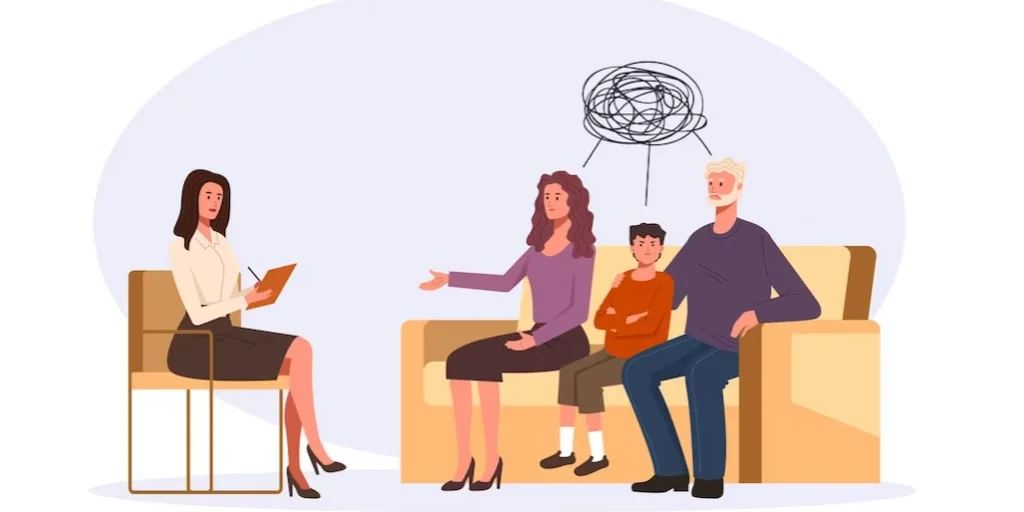24/7 Helpline:
(866) 899-221924/7 Helpline:
(866) 899-2219
Learn more about PTSD Treatment centers in Gunnison County

Other Insurance Options

Group Health Incorporated

Evernorth

GEHA

Covered California

Choice Care Network

Carleon

Multiplan

Access to Recovery (ATR) Voucher

Magellan

Health Partners

WellCare Health Plans

ComPsych

Excellus

Humana

MVP Healthcare

Highmark

UnitedHealth Group

Ambetter

Molina Healthcare

Amerigroup

The Center for Mental Health
The Center for Mental Health is a non-profit organization and is governed by a board of directors re...

Teocalli Treatment Options
Teocalli Treatment Options offers outpatient treatmnet for individuals with alcohol and/or substance...






















The Center for Mental Health – Crystal Hall
The Center for Mental Health is a non-profit organization and is governed by a board of directors re...










































